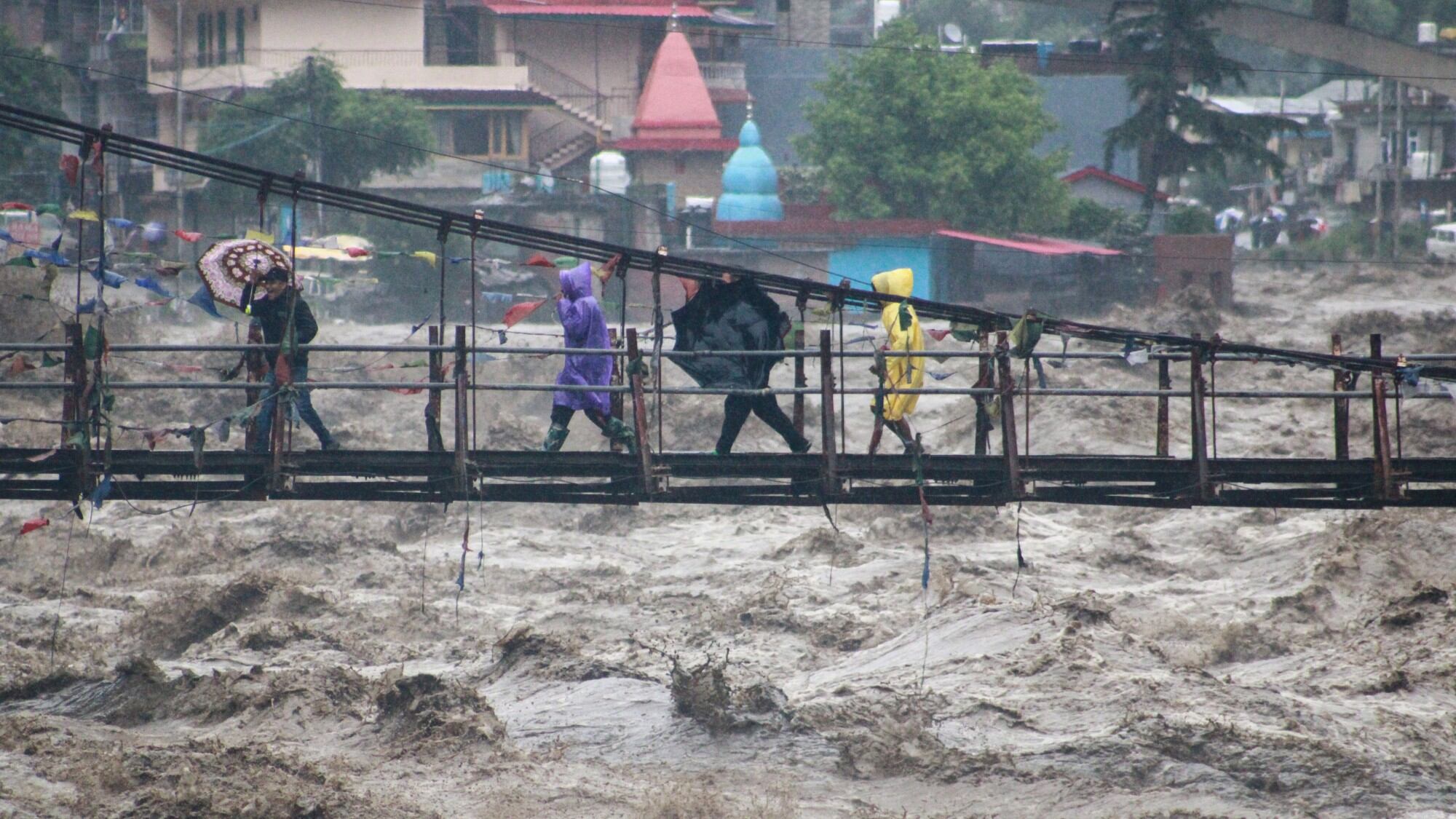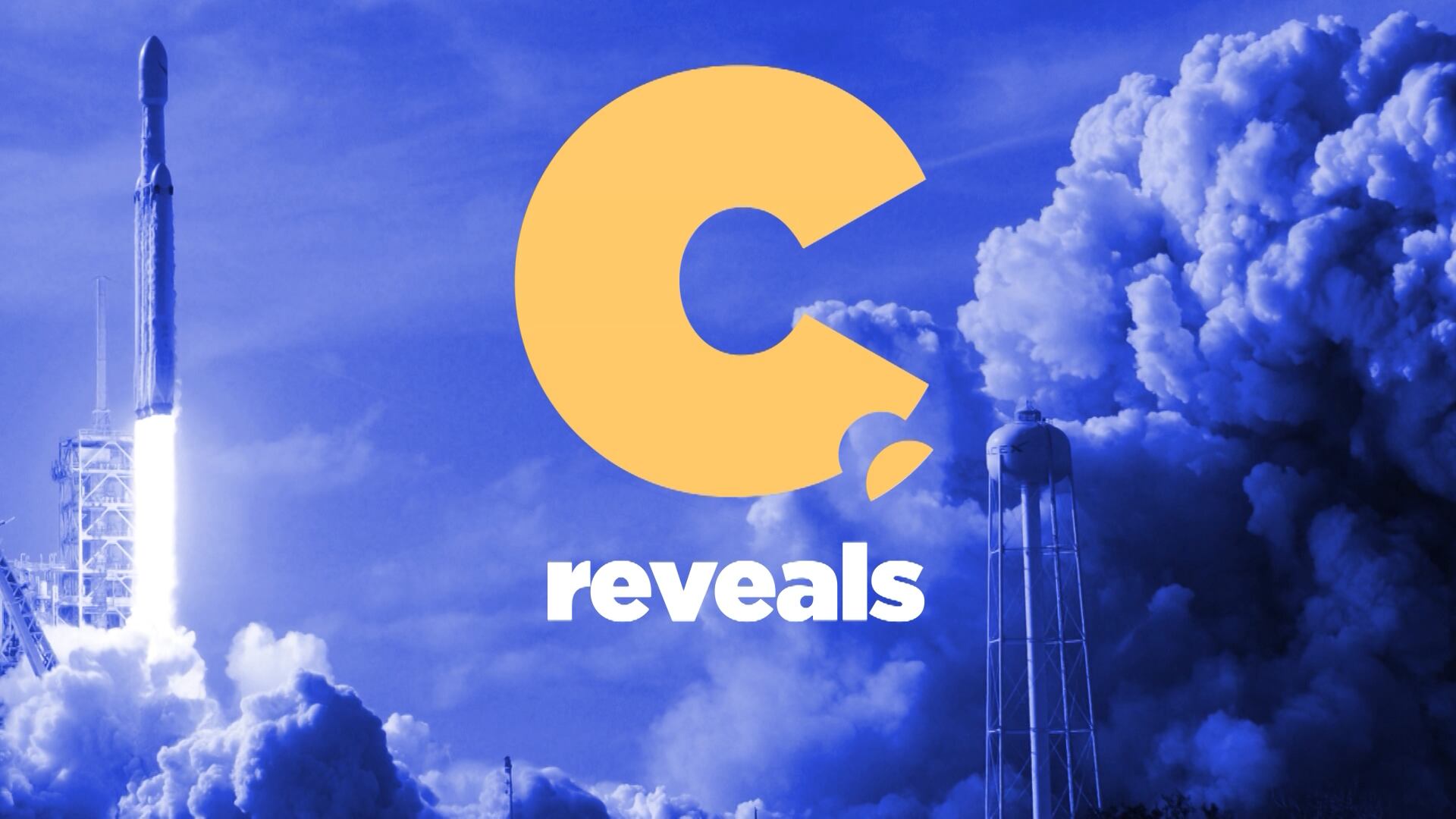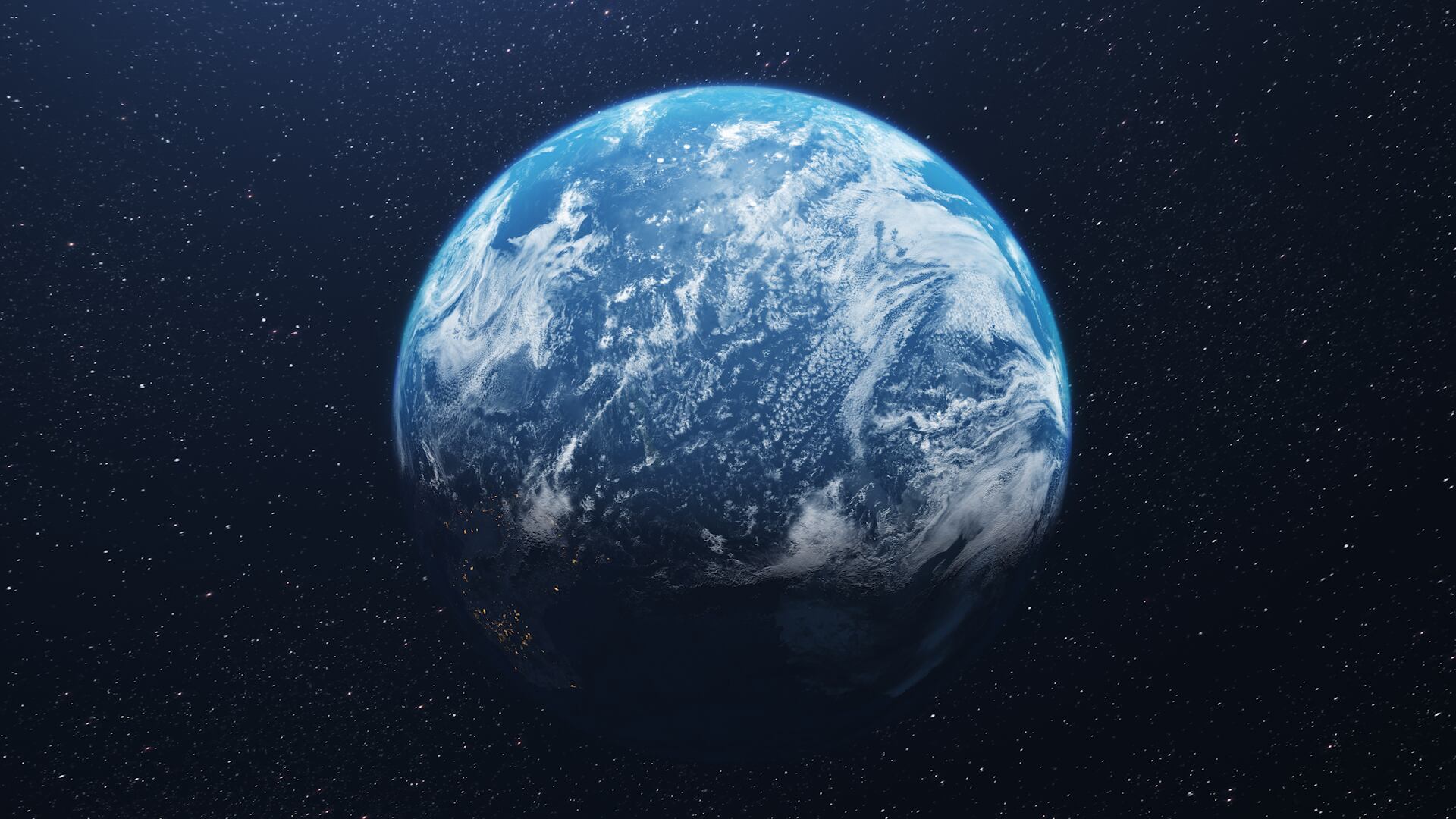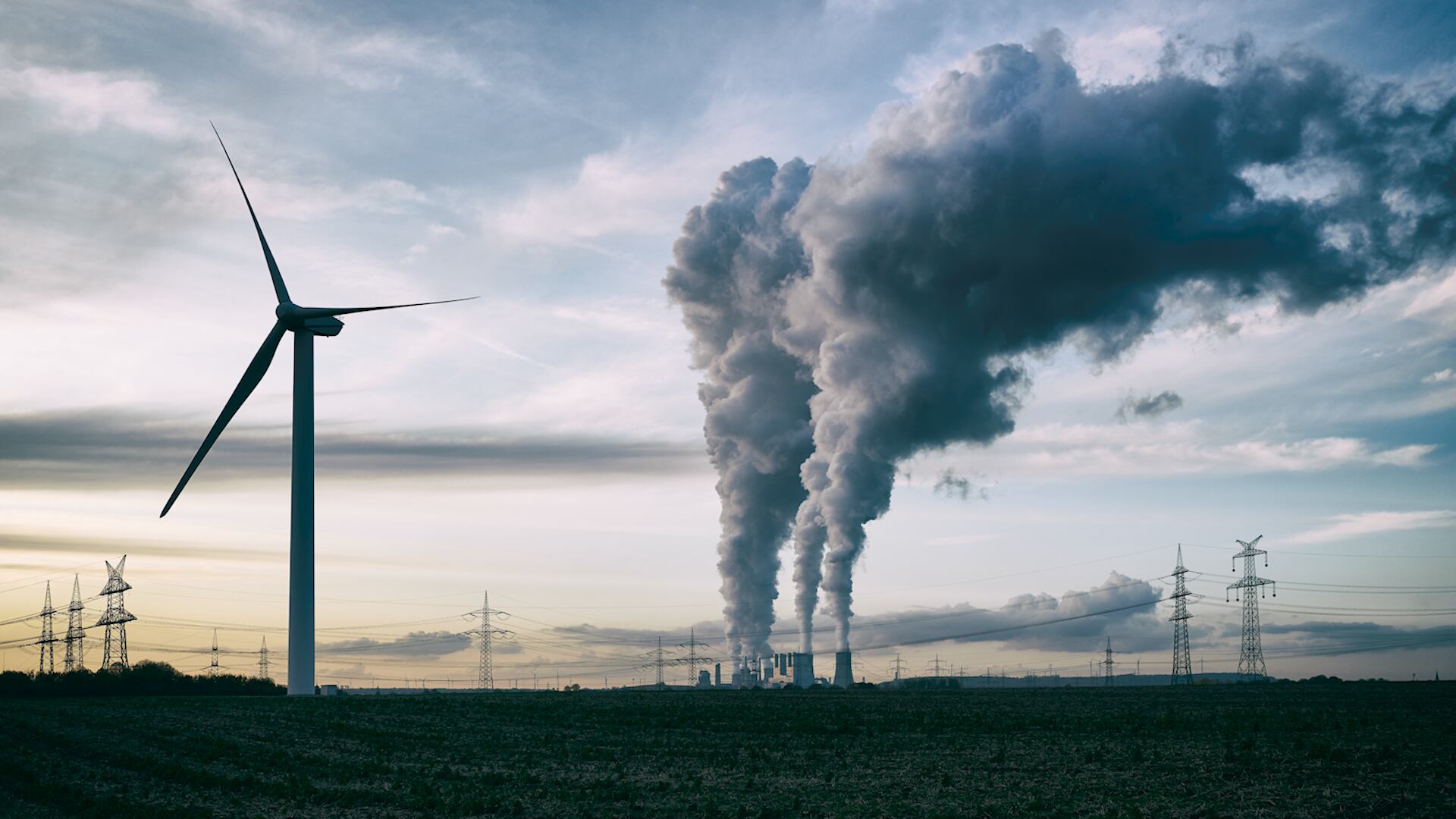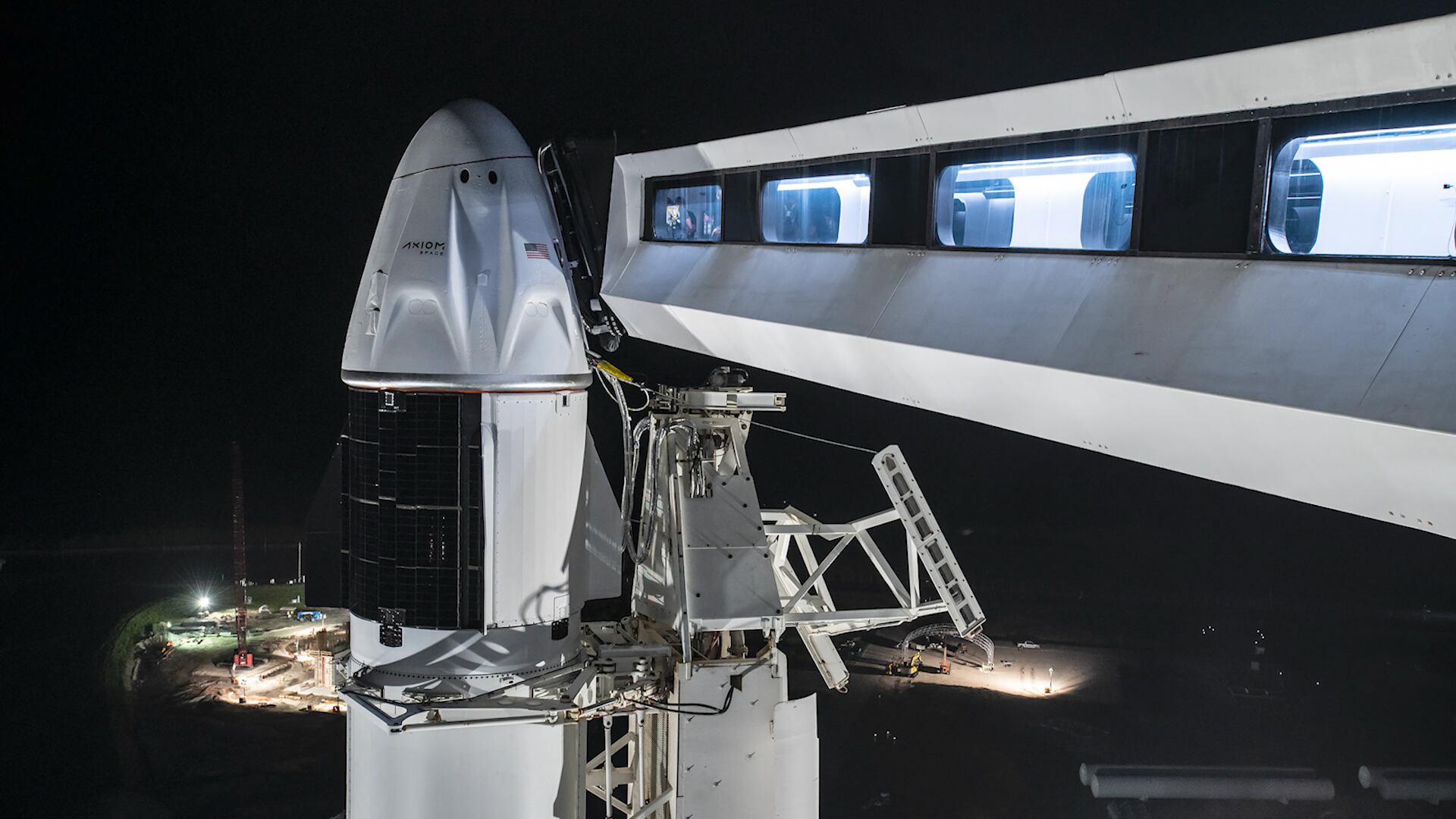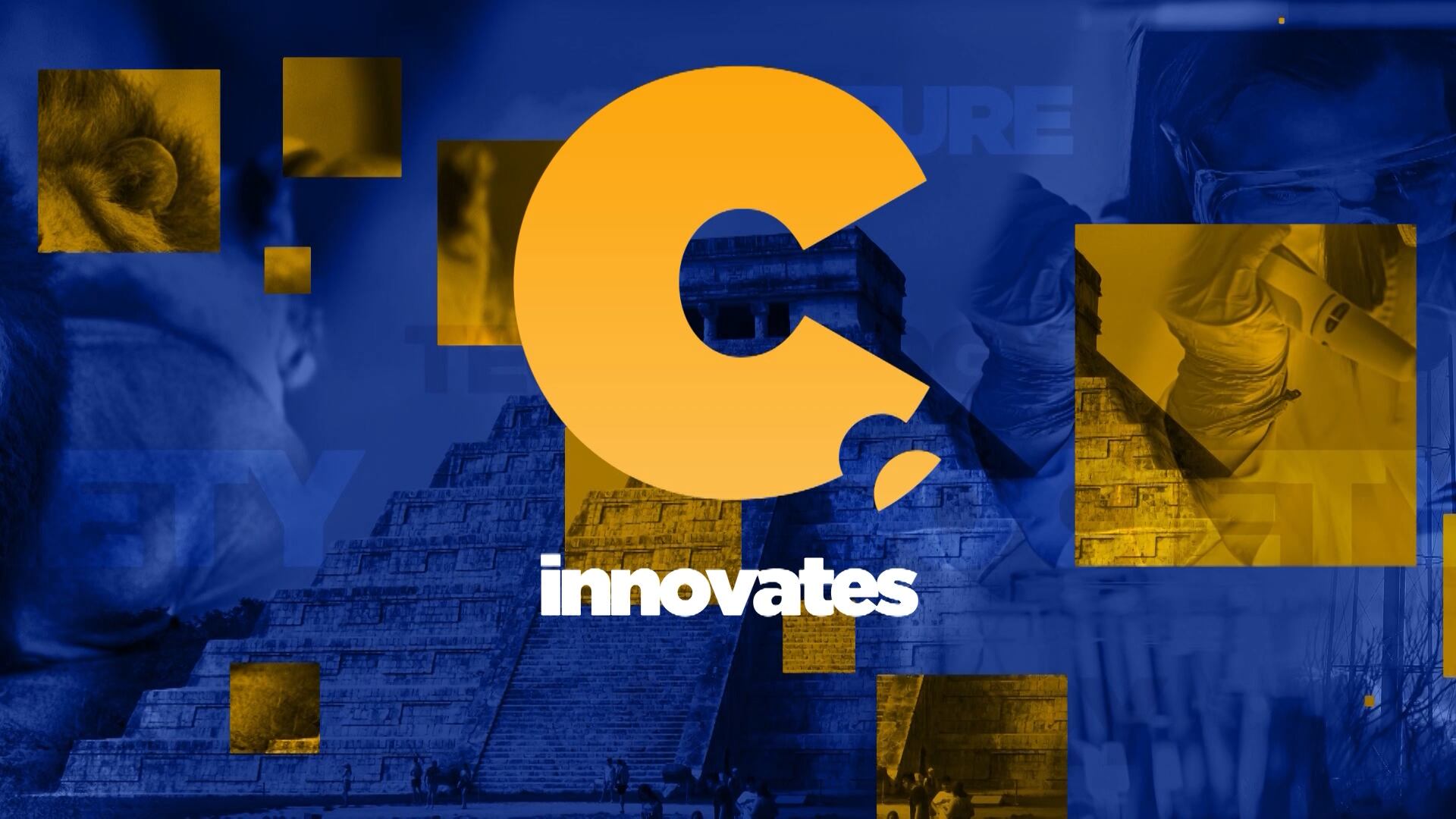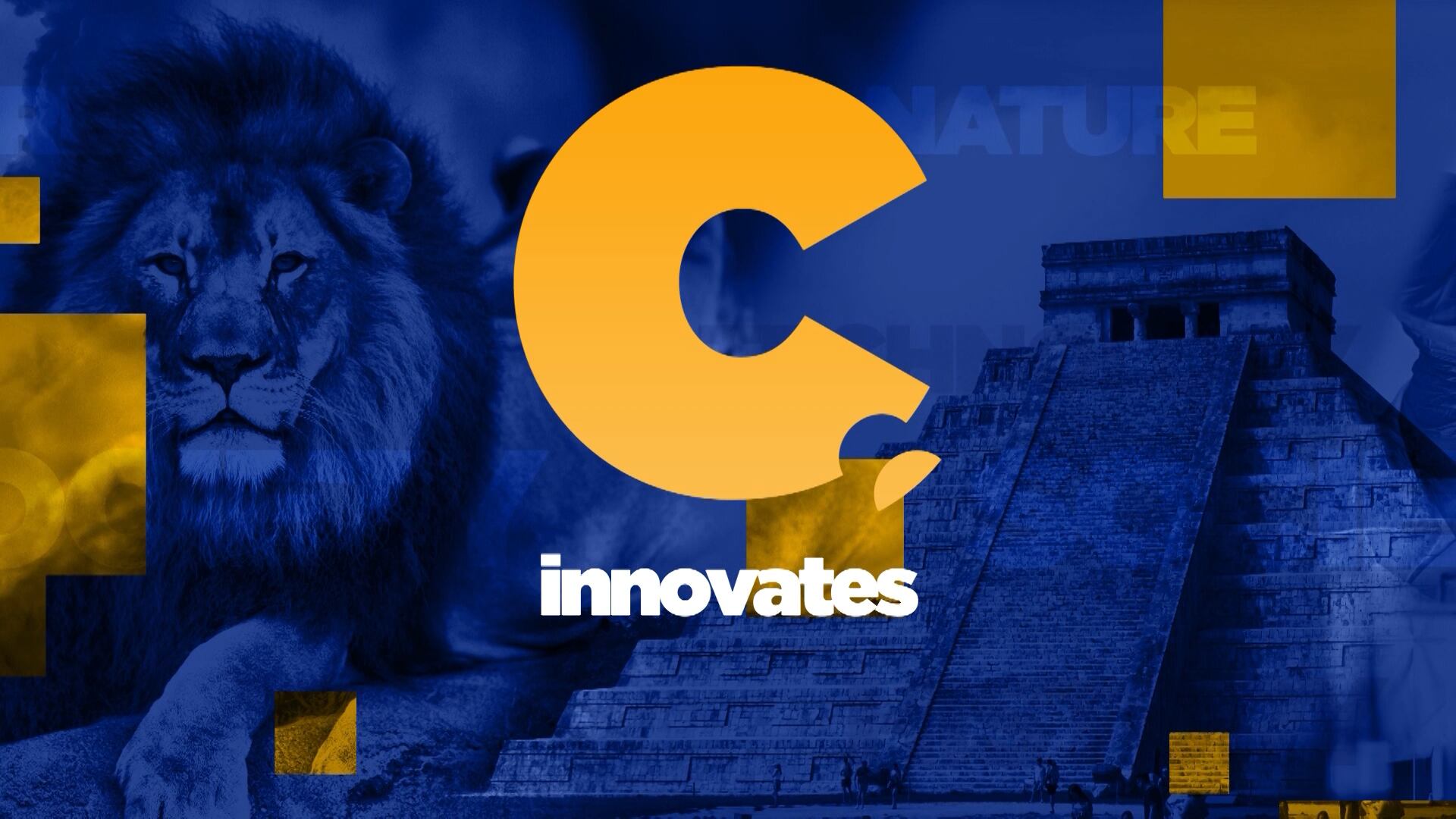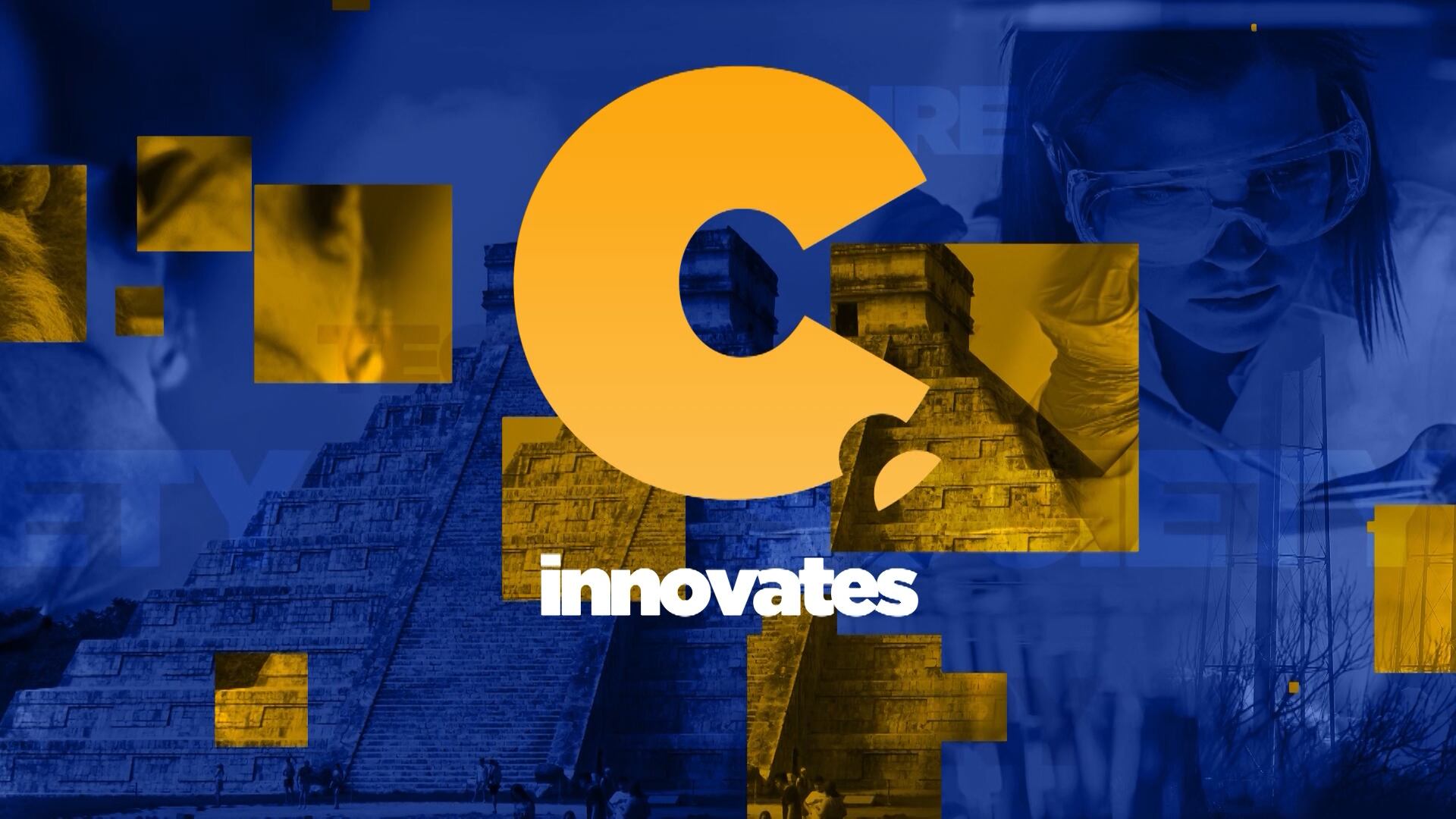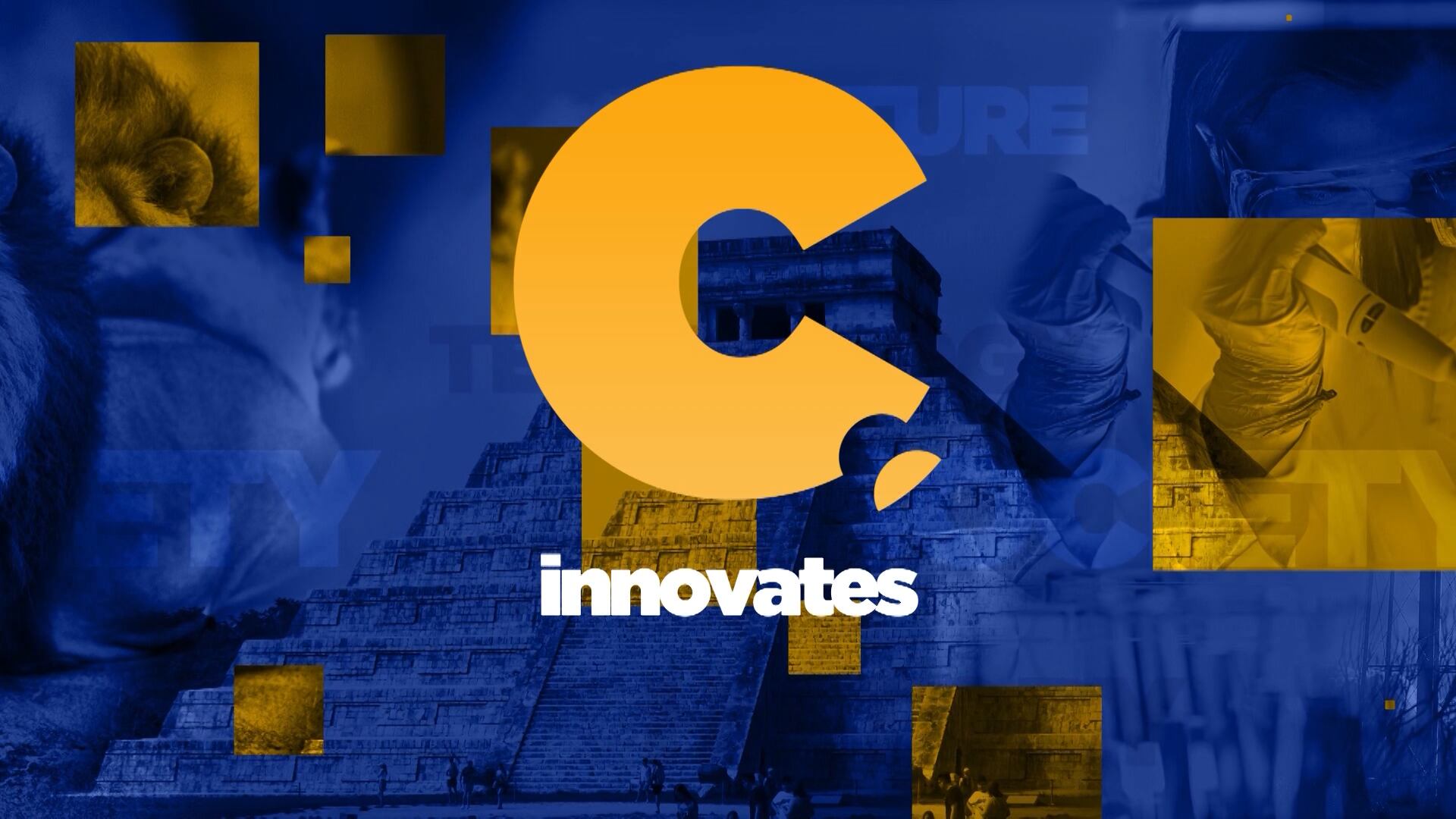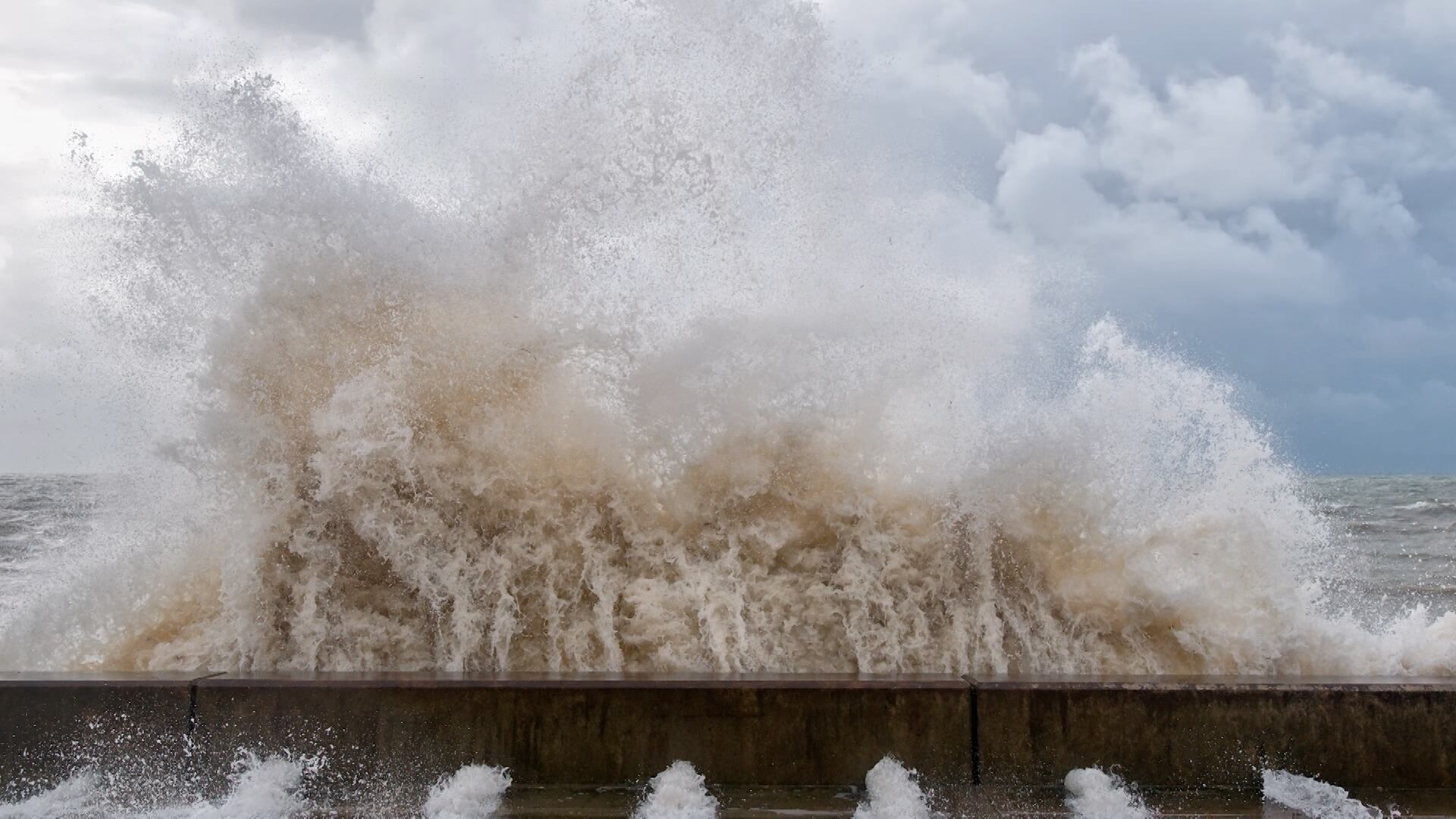By Isabella O'Malley, Brittany Peterson and Drew Costley
Schools in New Delhi were forced to close Monday after heavy monsoon rains battered the Indian capital, with landslides and flash floods killing at least 15 people over the last three days. Farther north, the overflowing Beas River swept vehicles downstream as it flooded neighborhoods.
In Japan, torrential rain pounded the southwest, causing floods and mudslides that left two people dead and at least six others missing Monday. Local TV showed damaged houses in Fukuoka prefecture and muddy water from the swollen Yamakuni River appearing to threaten a bridge in the town of Yabakei.
In Ulster County, in New York's Hudson Valley and in Vermont, some said the flooding is the worst they’ve seen since Hurricane Irene's devastation in 2011.
Although destructive flooding in India, Japan, China, Turkey and the United States might seem like distant events, atmospheric scientists say they have this in common: Storms are forming in a warmer atmosphere, making extreme rainfall a more frequent reality now. The additional warming that scientists predict is coming will only make it worse.
That's because a warmer atmosphere holds more moisture, which results in storms dumping more precipitation that can have deadly outcomes. Pollutants, especially carbon dioxide and methane, are heating up the atmosphere. Instead of allowing heat to radiate away from Earth into space, they hold onto it.
While climate change is not the cause of storms unleashing the rainfall, these storms are forming in an atmosphere that is becoming warmer and wetter.
“Sixty-eight degrees Fahrenheit can hold twice as much water as 50 degrees Fahrenheit,” said Rodney Wynn, a meteorologist at the National Weather Service in Tampa Bay. “Warm air expands and cool air contracts. You can think of it as a balloon - when it’s heated the volume is going to get larger, so therefore it can hold more moisture.”
For every 1 degree Celsius, which equals 1.8 degrees Fahrenheit, the atmosphere warms, it holds approximately 7% more moisture. According to NASA, the average global temperature has increased by at least 1.1 degrees Celsius (1.9 degrees Fahrenheit) since 1880.
“When a thunderstorm develops, water vapor gets condensed into rain droplets and falls back down to the surface. So as these storms form in warmer environments that have more moisture in them, the rainfall increases,” explained Brian Soden, professor of atmospheric sciences at the University of Miami.
Along Turkey’s mountainous and scenic Black Sea coast, heavy rains swelled rivers and damaged cities with flooding and landslides. At least 15 people were killed by flooding in another mountainous region, in southwestern China.
“As the climate gets warmer we expect intense rain events to become more common, it’s a very robust prediction of climate models,” Soden added. “It’s not surprising to see these events happening, it’s what models have been predicting ever since day one.”
Gavin Schmidt, climatologist and director of the NASA Goddard Institute for Space Studies, said the regions being hit hardest by climate change are not the ones who emit the largest amount of planet-warming pollutants.
“The bulk of the emissions have come from the industrial Western nations and the bulk of the impacts are happening in places that don’t have good infrastructure, that are less prepared for weather extremes and have no real ways to manage this,” said Schmidt.
Associated Press climate and environmental coverage receives support from several private foundations. See more about AP’s climate initiative here. The AP is solely responsible for all content.
